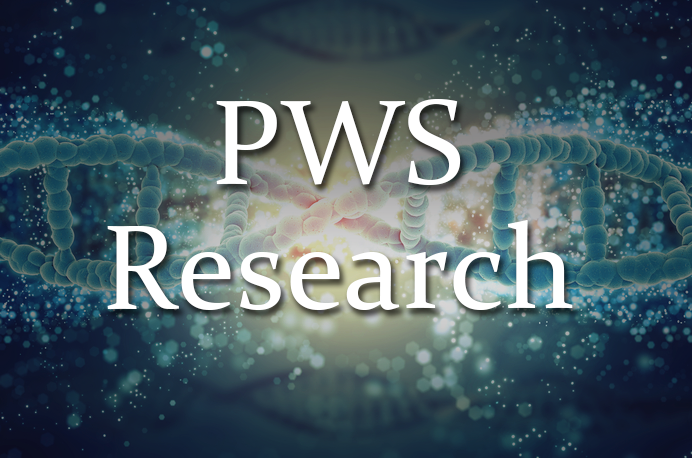Topics: Research
Once again, there's been a signficant shift in scientific thinking about the fixed nature of brain development. The idea that the brain can't be changed after early childhood has been turned on its head in the past few years, and a new research study...
Here's a blog from FPWR Board member Shawn Johnson about the "PWS Research Challenge: Advancing Appetite and Satiety Research", which FPWR has launched in collaboration with InnoCentive. Shawn championed the idea of a crowdsourcing approach to genera...
Topics: Research
Even if you never thought of yourself as a science nerd, it’s worthwhile for parents of children with rare diseases to become educated about the research and the drug development process (when you’re not attending to the thousand other things you nee...
Topics: Research
“Excessive daytime sleepiness” (EDS) is one of those symptoms of PWS that tends not to get too much attention – although very common, it just doesn’t seem that serious. However, EDS can profoundly undermine success in older children and adults with P...
Topics: Research
Dr. Shawn McCandless and the Committee on Genetics at the American Academy of Pediatrics have just published "Clinical Report: Health Supervision for Children with Prader-Willi Syndrome" in the Journal of Pediatrics. The article is available for down...
Topics: Research
Having just recently announced FPWR’s projects funded in 2010 [see full list here], it’s very exciting to already be able to announce a major advance as a result of that funding. Dr. Marc Lalande and colleagues at the University of Connecticut Stem C...
Topics: Research
Individuals with PWS have motor difficulties throughout life, with low muscle tone and decreased muscle mass. Growth hormone therapy is helpful in increasing muscle mass, but it does not completely normalize body composition.
Topics: Research
Below is a special guest blog from Jessica Morgan, a graduate student working with Dr. Eric Storch at the University of South Florida. Their group has an interest in understanding skin picking (and other obsessive/compulsive behaviors) in PWS so that...
Topics: Research
So, here's a different approach. A new study looks at the use of a computerized device in helping to modify eating behavior in typically developing obese adolescents.
Topics: Research







